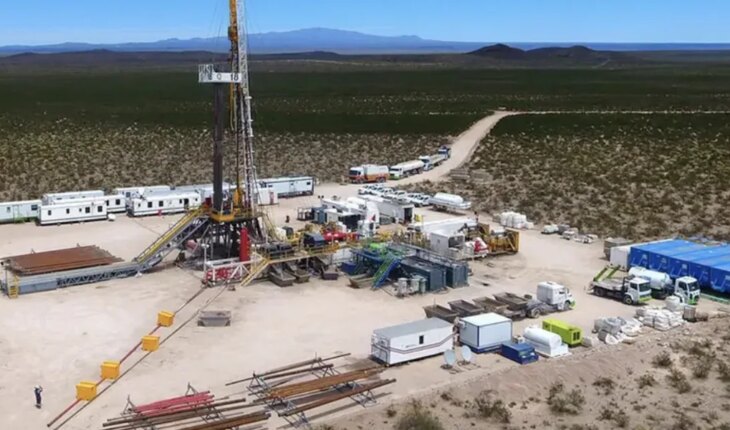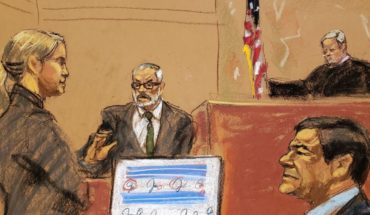The biggest challenge facing the new Neuquén government that will take office on December 11 will be to shape a plan that allows leaving behind years of setback in infrastructure, in a province that has the “gold of the XXI century” that Vaca Muerta represents but has serious shortcomings in its routes, schools and basic services such as gas. electricity, water and communications. To achieve that, Governor-elect Rolando Figueroa must put the same effort and planning with which he could end up at the polls with more than 50 years of hegemony of the Neuquén Popular Movement (MPN). A clear example of this situation is what happens in the city of Añelo, where the Vaca Muerta field is located, from where no less than 2,400 million dollars were exported in 2022 for the production of 308,000 barrels of oil per day. More than 30 national and international companies, in addition to the Argentine State, are already investing in this place to extract unconventional oil and gas, since it is the second field of this type worldwide. However, as the elected mayor of that town, Fernando Banderet, acknowledged, more than 60 percent of its inhabitants do not have gas and must heat their homes in the harsh Patagonian winter with firewood or electric stoves. The social reality of Neuquén contrasts with the macroeconomic numbers in each of the primary areas for development, and although wages are above the national average, prices, rates and rents accompany this course. According to statistics from the local College of Architects and the Real Estate Chamber, 40,000 new homes would be needed across the province to meet demand. According to this survey, 60 percent of the units would be needed in the area of the Confluence (Neuquén capital, Centenario and Plottier); while the rest is distributed between San Martín de los Andes, Rincón de los Sauces and Chos Malal, among other locations. Education is another sensitive item in which there are also serious shortcomings despite the numerous resources that are generated, and according to a work carried out by the ATEN teaching union, in the department of Confluencia there are more than 50 institutions, out of a total of 179, that are not in conditions to function normally. The city of Neuquén, the other great social and economic epicenter of the province, is also a reflection of the lack of works that promote investments and development. Mariano Gaido was able to keep the mayor of Neuquén capital in the last elections amid several opposition complaints about political clientelism and questionable relations with the strategic Water, Light and Power Cooperative (CALF), one of the most important institutions in the province, which is under the judicial magnifying glass for handling irregular money, as denounced by provincial unions in local courts. But now, the re-elected mayor must fulfill the promises made in the campaign, including the creation of a new industrial park, since the one that currently operates has 300 companies and is exceeded in its capacity. The Deliberative Council has already approved the corresponding ordinance, but the works have not yet begun. The issue of routes is another key point to allow economic and social growth. They are under the control of the Neuquén Roads Directorate, but as denounced by the Union of Private Oil Workers, they are in a calamitous state. The repetition of serious accidents, even with fatalities, has led on more than one occasion to the guild to carry out pickets and protests, one of them that lasted several days last April. There were even neighborhood complaints because the state of the roads prevents the transit of emergency vehicles, such as ambulances and firefighters. Complaints about the abandonment, for example, of routes 23 and 46 have been constant and some localities, such as Villa Pehuenia, in different periods have been isolated by decision of the company that provides medical transfers. But the wells and potholes are not the exclusive property of the furthest places of the territory, since one of the main access roads to the capital (Autovía Norte) remained closed to traffic for more than seven months because the asphalt had collapsed. That sinkhole also generated the rupture of an underground water pipe and several nearby neighborhoods were with problems in the supply, while the mayor Gaido demanded the National Roads the arrangement. ” They pass the ball from one side to another but they do not execute the work and we continue with prolonged cuts, “complained at the time the president of the neighborhood commission of Alta Barda, Leonardo Lardani.Nor the pipes and storm drains give enough in lto the city of Neuquén. Last year there were neighborhood floods by 30-year-old pipes that simply explode over time.
Neuquén: Infrastructure Problems Amid Vaca Muerta’s Wealth
August 9, 2023 |





